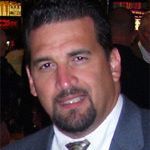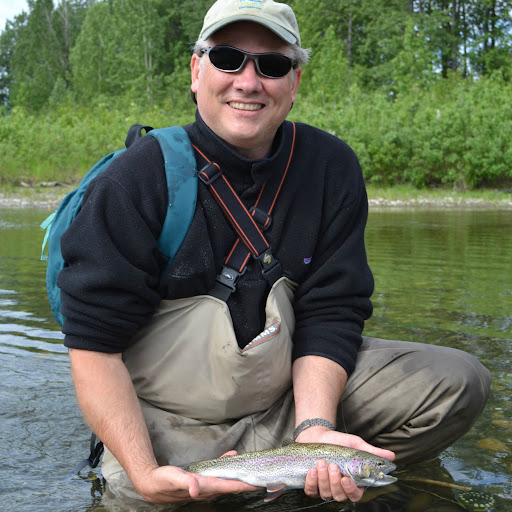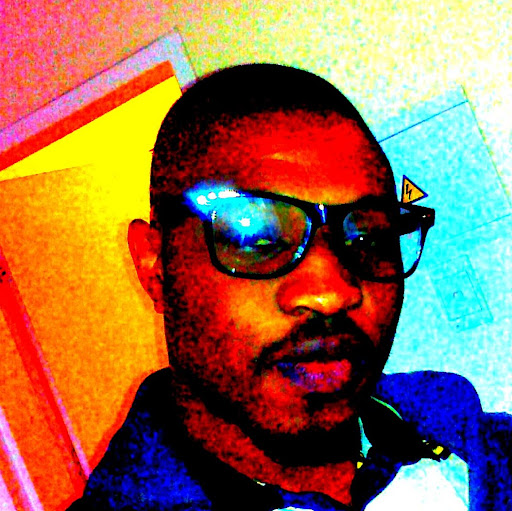Kevin J Marvel
age ~55
from Elkridge, MD
- Also known as:
-
- Kevin K Marvel
Kevin Marvel Phones & Addresses
- Elkridge, MD
- Laurel, MD
- Silver Spring, MD
- 5426 El Camino, Columbia, MD 21044 • 4107150367
- Reisterstown, MD
- College Park, MD
- Odenton, MD
- 6880 Tasker Fls, Elkridge, MD 21075 • 4103790510
Work
-
Company:Apl federal credit union
-
Address:11050 Johns Hopkins Rd, Laurel, MD 20723
-
Phones:2402285252
-
Position:Marketing director
-
Industries:Credit Unions, Not Federally Chartered
Name / Title
Company / Classification
Phones & Addresses
Marketing Director
APL Federal Credit Union
APLFCU
Credit Unions. Financial Services
APLFCU
Credit Unions. Financial Services
11050 Johns Hopkins Rd, Laurel, MD 20723
4437785250, 4437785771
4437785250, 4437785771
Marketing Director
APL Federal Credit Union
Credit Unions, Not Federally Chartered
Credit Unions, Not Federally Chartered
11050 Johns Hopkins Rd, Laurel, MD 20723
Marketing Director, Director
APL Federal Credit Union
Banking · Credit Unions · State Credit Union
Banking · Credit Unions · State Credit Union
11050 Johns Hopkins Rd, Laurel, MD 20723
PO Box 418, Laurel, MD 20725
11100 Johns Hopkins Rd, Laurel, MD 20723
4437785250, 4437785771, 2402285252, 2402285251
PO Box 418, Laurel, MD 20725
11100 Johns Hopkins Rd, Laurel, MD 20723
4437785250, 4437785771, 2402285252, 2402285251
Isbn (Books And Publications)

Resumes

Executive Officer At American Astronomical Society
view sourceLocation:
Washington D.C. Metro Area
Industry:
Nonprofit Organization Management

Marketing Director
view sourceLocation:
Baltimore, MD
Industry:
Banking
Work:
APLFCU
Marketing Director
APL Federal Credit Union since 2004
Marketing Director
Marketing Director
APL Federal Credit Union since 2004
Marketing Director
Education:
University of Maryland - Robert H. Smith School of Business 1999 - 2001

Executive Officer
view sourceLocation:
2000 Florida Ave northwest, Washington, DC 20009
Industry:
Non-Profit Organization Management
Work:
American Astronomical Society since Jun 2006
Executive Officer
American Institute of Physics since 2006
Board Member
American Astronomical Society Jan 1998 - Jan 2001
Associate Executive Officer
Caltech Sep 1996 - Aug 1998
Postdoctoral Researcher
National Radio Astronomy Observatory Jun 1994 - Aug 1996
Pre-Doctoral Researcher
Executive Officer
American Institute of Physics since 2006
Board Member
American Astronomical Society Jan 1998 - Jan 2001
Associate Executive Officer
Caltech Sep 1996 - Aug 1998
Postdoctoral Researcher
National Radio Astronomy Observatory Jun 1994 - Aug 1996
Pre-Doctoral Researcher
Education:
New Mexico State University 1990 - 1996
Ph.D, Astronomy New Mexico State University 1990 - 1994
M.S, Astronomy University of Arizona 1985 - 1990
Bachelor of Science, Astronomy University of Arizona 1985 - 1990
B.S, Astronomy University of Arizona 1985 - 1990
B.S, Physics J.J. Pearce High School 1983 - 1985
Ph.D, Astronomy New Mexico State University 1990 - 1994
M.S, Astronomy University of Arizona 1985 - 1990
Bachelor of Science, Astronomy University of Arizona 1985 - 1990
B.S, Astronomy University of Arizona 1985 - 1990
B.S, Physics J.J. Pearce High School 1983 - 1985
Skills:
Science
Physics
Research
Public Policy
Program Management
Online Publishing
Astronomy
Data Analysis
Policy
Publications
Public Speaking
Fundraising
Statistics
Copy Editing
Non Profit Administration
Proposal Writing
Higher Education
Newsletters
Community Outreach
Grants
Scientific
Publishing
Science Communication
Grant Writing
Technical Writing
Nonprofits
Policy Analysis
Public Relations
Editing
Non Profits
Scientific Research
Educational Outreach
Physics
Research
Public Policy
Program Management
Online Publishing
Astronomy
Data Analysis
Policy
Publications
Public Speaking
Fundraising
Statistics
Copy Editing
Non Profit Administration
Proposal Writing
Higher Education
Newsletters
Community Outreach
Grants
Scientific
Publishing
Science Communication
Grant Writing
Technical Writing
Nonprofits
Policy Analysis
Public Relations
Editing
Non Profits
Scientific Research
Educational Outreach
Interests:
Boat Building
Kayaking
Fly Fishing
Children
Backpacking
Wooden Boat Restoration
See Less
Reading
Sailing
Hiking
Juggling
Home Renovation and Construction
See 2
Science Toys
Electronic Gadgets
Kayaking
Fly Fishing
Children
Backpacking
Wooden Boat Restoration
See Less
Reading
Sailing
Hiking
Juggling
Home Renovation and Construction
See 2
Science Toys
Electronic Gadgets
Languages:
English
Certifications:
Certified Association Executive (Cae)
Asae: the Center For Association Leadership, License 6363
License 6363
Asae: the Center For Association Leadership, License 6363
License 6363

Kevin Marvel
view source
Marvel Kevin
view source
Kevin Marvel
view source
Kevin Marvel
view source
Kevin Marvel
view source
Kevin Marvel Jossy
view source
Kevin Marvel Vasquez
view source
Kevin Marvel
view source
Kevin Marvel
view sourceNews

Disruptive, disappointing, chaotic: Shutdown upends scientific research
view source- ociety, which organizers bill as the Super Bowl of astronomy. AASs executive officer, Kevin Marvel, said that two of the meetings seven invited speakers and roughly a third of its 3,100 participants are federally funded scientists who would be unable to attend if funding is not restored.
- Date: Dec 28, 2018
- Category: Headlines
- Source: Google

Gravitational Waves Ushered in New Era of Astronomy in 2017
view source- "Astronomy is somewhat unique among the sciences in that we very rarely get to go sample the things that we're studying," Kevin Marvel, the executive officer of the American Astronomical Society, told Space.com. In the distant past, we could only use our eyes, which have a very limited resolu
- Date: Dec 21, 2017
- Category: Sci/Tech
- Source: Google
Classmates

Kevin Marvel
view sourceSchools:
Jefferson Elementary School Casper WY 1966-1971, Calvary Baptist School Casper WY 1971-1973, Riverton Junior High School Riverton WY 1973-1977
Community:
Colleen Herstein

Kevin Marvel
view sourceSchools:
Springfield Township (Montgomery County) High School Erdenheim PA 1979-1983
Community:
Mark Swift, Maggie Smith, Evelyn Knauerhase

Kevin Marvel
view sourceSchools:
Newport Elementary School Newport NC 1966-1967, Saint Egbert School Morehead City NC 1967-1971, Annunciation School Havelock NC 1971-1975
Community:
Roy Charboneau, Jimmy Selander, Lewis Smith
Myspace
Youtube
Googleplus

Kevin Marvel
Lived:
Alexandria, VA
Work:
American Astronomical Society - Executive Officer
Education:
New Mexico State University

Kevin Marvel
Flickr
Get Report for Kevin J Marvel from Elkridge, MD, age ~55















